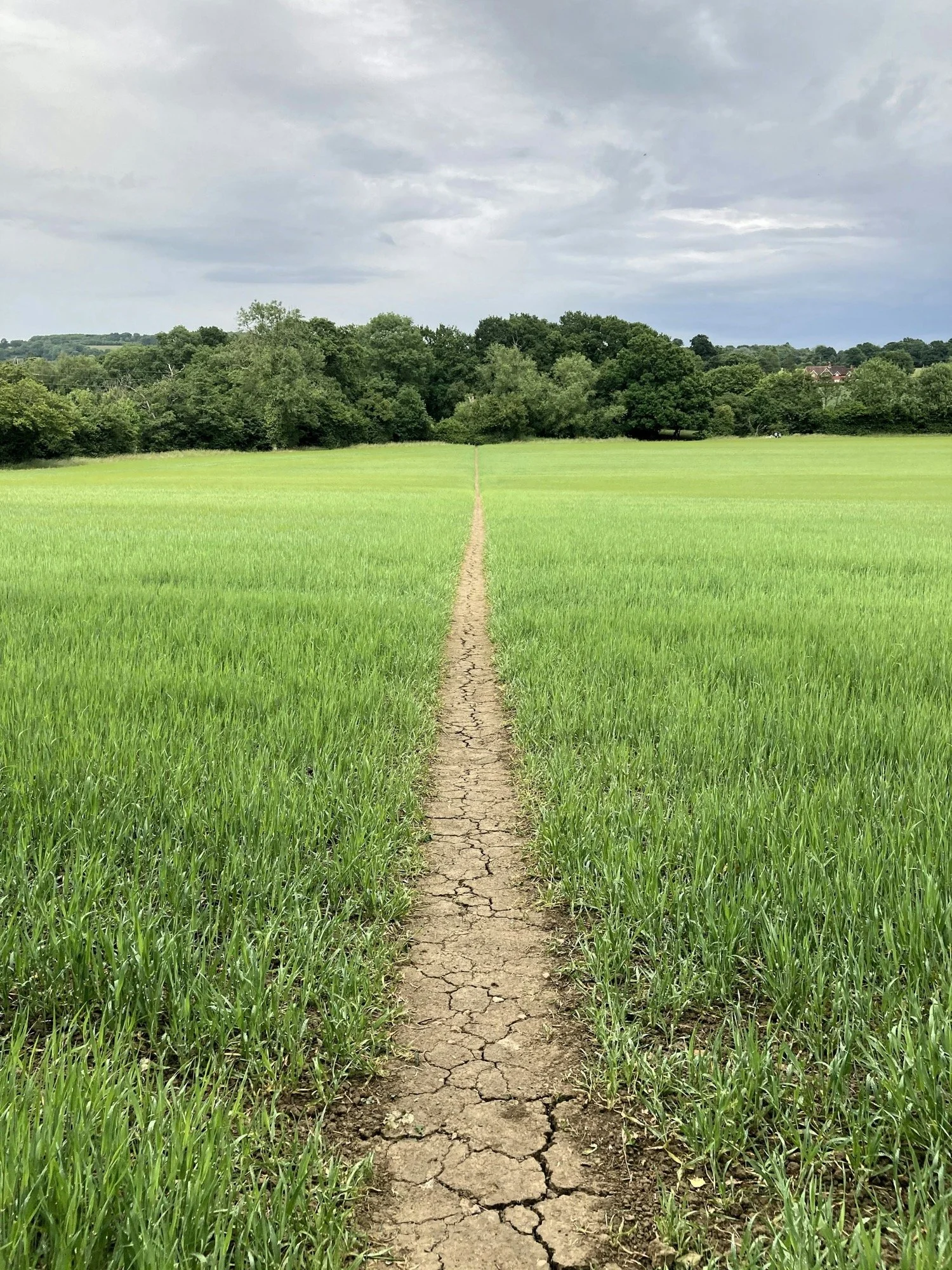Readings for today: Nehemiah 6-8, Acts 2:42-3:10
I love it when both New and Old Testament passages come together to convey the same eternal message. Today, the people of Israel gather to hear the reading of the Law. They build Ezra a pulpit and he preaches for days. Teaching. Exhorting. Encouraging. Challenging the people to submit their lives to God’s Word and live according to His ways. The Levites are there alongside him. Interpreting the Law so God’s people can understand and apply it to their lives. It’s not a hard sell. The Spirit of God has clearly been at work in the hearts of His people, preparing them for this moment. I love how the Bible describes their reaction…
“And the ears of all the people were attentive to the Book of the Law.” (Neh. 8:3)
“And Ezra blessed the Lord, the great God, and all the people answered, “Amen, Amen,” lifting up their hands. And they bowed their heads and worshiped the Lord with their faces to the ground.” (Neh. 8:6)
“And Nehemiah, who was the governor, and Ezra the priest and scribe, and the Levites who taught the people said to all the people, “This day is holy to the Lord your God; do not mourn or weep.” For all the people wept as they heard the words of the Law. Then he said to them, “Go your way. Eat the fat and drink sweet wine and send portions to anyone who has nothing ready, for this day is holy to our Lord. And do not be grieved, for the joy of the Lord is your strength.” So the Levites calmed all the people, saying, “Be quiet, for this day is holy; do not be grieved.” And all the people went their way to eat and drink and to send portions and to make great rejoicing, because they had understood the words that were declared to them.” (Neh. 8:9-12)
Then I flip over to our New Testament reading. These are some of my favorite verses in all the Bible. It describes the heart of the first church. They’ve just heard the first Christian sermon ever preached. Miraculously, they each heard it in their own heart language. They were cut to the heart. Thousands were baptized. And then they must have looked at each other and said, “Now what?” There was no history to rely on. No tradition to fall back on. This whole “church” was brand new. At the same time, they were Jews. Their people had been walking with God for ages. They remembered their history. Perhaps Peter’s preaching reminded them of Ezra! So they do what’s natural for them. They devote themselves to the apostle’s teaching. They devote themselves to each other in deep, spiritual fellowship. They share meals together, especially the Lord’s Supper. And they pray. They don’t need programs. They don’t need some big vision. They don’t set hairy, audacious goals. They simply commit themselves to the same ancient spiritual disciplines that have always guided God’s people.
“And they devoted themselves to the apostles’ teaching and the fellowship, to the breaking of bread and the prayers. And awe came upon every soul, and many wonders and signs were being done through the apostles. And all who believed were together and had all things in common. And they were selling their possessions and belongings and distributing the proceeds to all, as any had need. And day by day, attending the temple together and breaking bread in their homes, they received their food with glad and generous hearts, praising God and having favor with all the people. And the Lord added to their number day by day those who were being saved.” (Acts 2:42-47)
I talk to people all the time who long for a deeper life with God. They always seem to be looking for the silver bullet or some magic formula. They want to know the secret. The key. The one thing that will help them pierce the veil that they believe separates them from experiencing the fullness of God’s love. But here’s the honest truth. There are no shortcuts. There is no easy five-step process. It requires a life-long obedience in the same direction. It requires a faithful, consistent, daily engagement over the long haul with God’s Word and God’s people to grow in our faith. Yes, God is always there for us. But He is no cosmic bellhop. Yes, God always loves us. But He is not co-dependent. He doesn’t need us in the way we need Him. Yes, God’s grace is endless, boundless, and free. But He will not save us from the consequences of our sin. Instead, He promises to use even our pain to grow us into the image of His Son.
Friends, you may think you don’t have time to add one more thing to your already overloaded day. You may believe you don’t have the bandwidth to spend time with God each day or gather with God’s people each week. You may think it’s enough that you raised your hand and invited Christ into your heart. But if you want to experience then fullness of God’s presence. If you want to experience the greatest depth of communion with your Creator. If you want to live in the confidence of knowing you are loved with an everlasting love, you must re-orient your life around the fundamental spiritual disciplines of prayer, God’s Word, worship, and fellowship with other believers.
Readings for tomorrow: Nehemiah 9-11, Acts 3:11-4:22




